What do a 58-year-old pig farm worker from Hubei province and Iron Man have in common? They both have futuristic "artificial heart" devices made of metal and magnets to keep them alive.
Last month, a man surnamed Chu with advanced heart failure received the world's smallest magnetic-levitation heart implant at Wuhan Union Hospital. The device, which uses the same principle that runs high-speed maglev trains, was attached to his left ventricle. It increases the pumping power of the patient's failing heart, allowing it to deliver oxygen-rich blood throughout the body.
In a recent update released by the Huazhong University of Science and Technology, which Wuhan Union Hospital is affiliated with, doctors said Chu is making a swift recovery and would be discharged soon.
Although he would need to carry a battery pack at all times and take anticoagulant medication, Chu is expected to live a normal life, though he is discouraged from intense manual labor and exercise.
The device is called Corheart 6 and was developed by Shenzhen Core Medical Technology. With a diameter of 3.4 centimeters, a thickness of 2.6 cm and weighing around 90 grams, the entire device is about the size of a walnut. It is the most compact and lightweight maglev mechanical heart implant to undergo a clinical trial.
Cardiac surgeon Hu Shengshou, president of the Fuwai Hospital of the Chinese Academy of Medical Sciences, is spearheading the device's clinical trial. Once it hits the market, experts said the device will bring hope to over 10 million heart patients in China, with around 7 to 10 percent requiring a heart transplant.
Dong Nianguo, the chief surgeon who performed the operation on Chu, said Corheart 6, which is a type of ventricular assistance device, is made in its entirety in China, making the country a leader in artificial heart technologies.
China currently has three types of artificial heart devices in development, and Wuhan Union Hospital is conducting all three devices' clinical trials. Since October 2018, the hospital has done 12 operations for late-stage heart failure patients using the devices, according to the university.
"Chinese physicians and engineers are working together to perfect the 'Chinese Heart'," Dong said, adding that they are making the devices more biocompatible, reliable and efficient. They may even use wireless charging and be suitable for child patients in the future.
Cardiologists have long hoped for an artificial heart replacement, especially for severe heart failure patients.
According to the Mayo Clinic, patients with advanced heart failure typically need a heart transplant, but because of the limited number of donors only a few thousand people around the world can receive the treatment. As a result, many patients die while waiting for a donor organ.
For decades, doctors and scientists have experimented with various metal and plastic devices, but none could fully match the performance of the human heart.
The maglev heart implant breaks from the convention of mimicking the structure and pulsatile actions of the human heart, and essentially uses a spinning disk suspended in a magnetic field to circulate blood.
With just one moving part, a maglev heart implant has good blood compatibility and can minimize friction between blood and the device, thus prolonging its life span and reducing the likelihood of forming blood clots, according to the Institute of Electrical and Electronics Engineers.
However, like with many other ventricular assist devices, the recipient has to take drugs to fight off infection. Therefore, these types of implants should ideally be used as a temporary aid for patients awaiting transplants, though cases of long-term use over a decade have also been recorded.











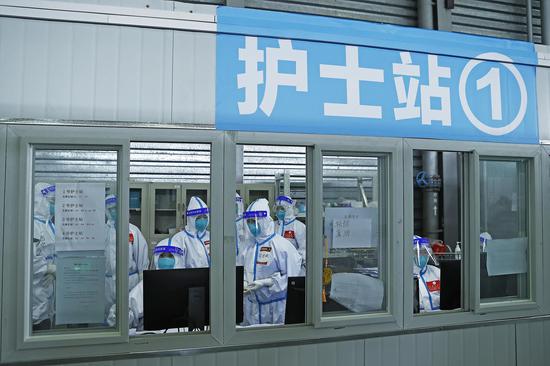
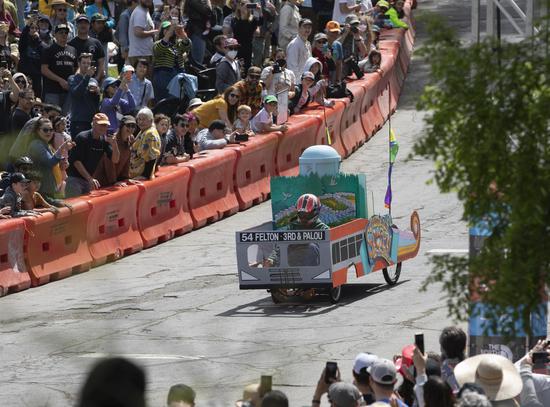

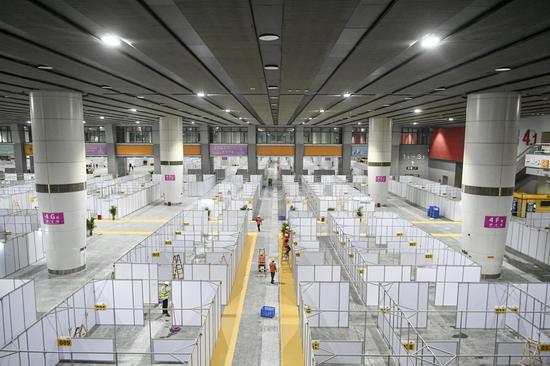






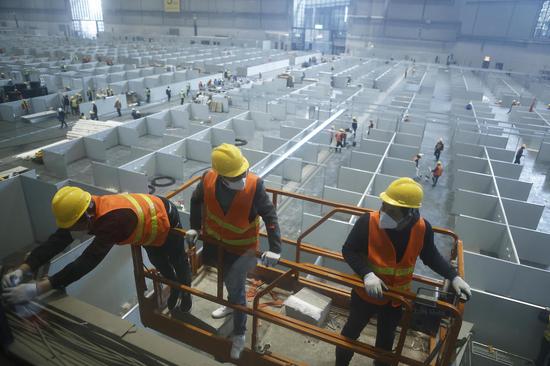













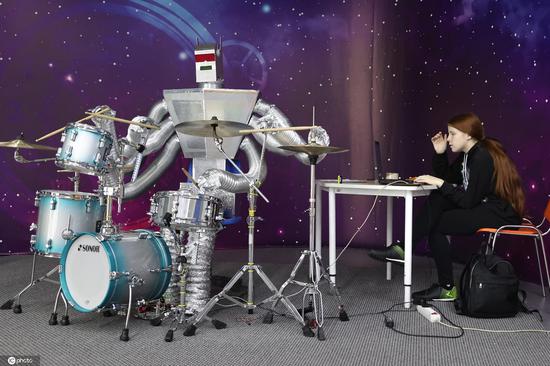
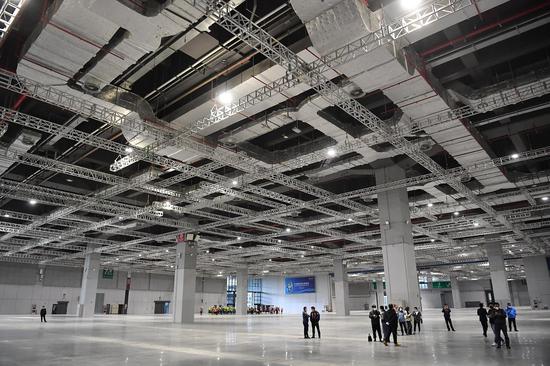







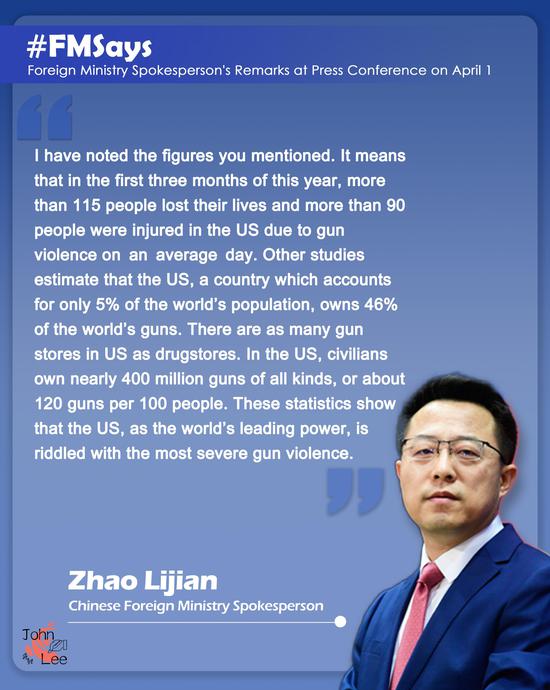





 京公网安备 11010202009201号
京公网安备 11010202009201号